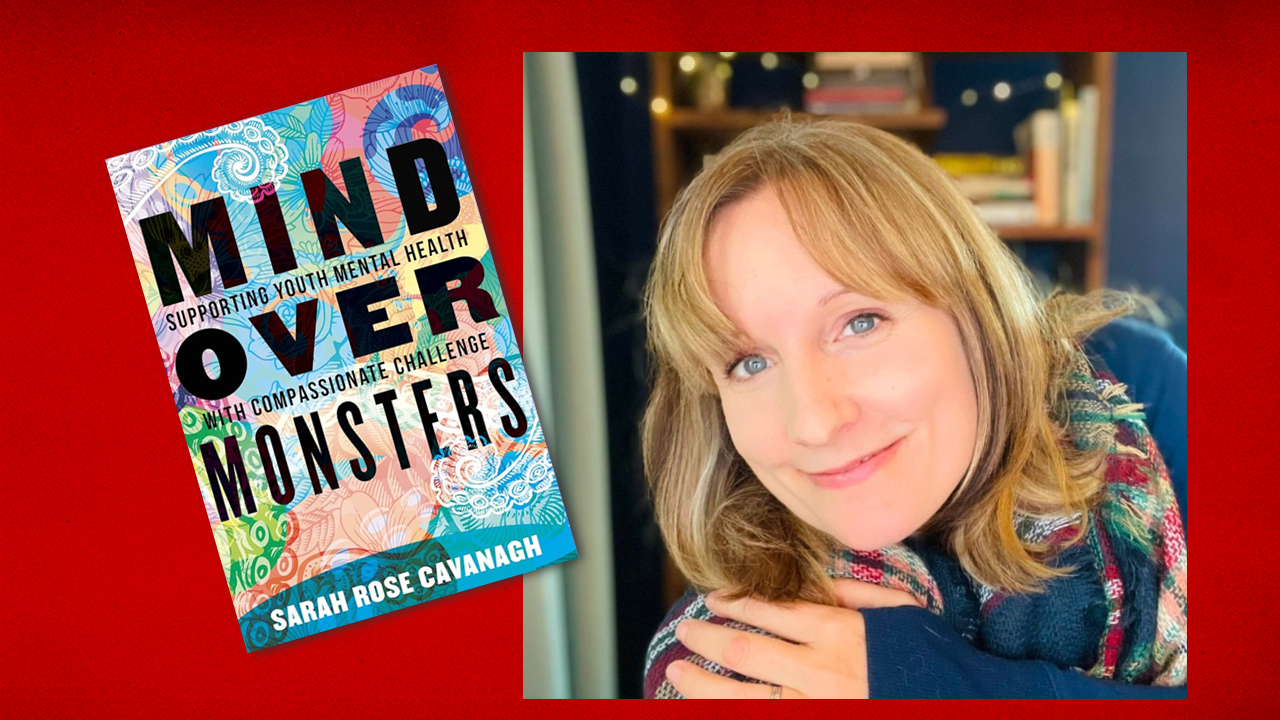
At UNL and across the country, university students continue to struggle with mental health challenges. While the number of students with depression and anxiety has decreased over the last year, the numbers are still well above where they were before the COVID-19 pandemic. In the College of Journalism and Mass Communications, instructors and staff will be coming together this semester to read the book Mind Over Monsters: Supporting Youth Mental Health with Compassionate Challenge in hopes of learning strategies they can implement to better support students.
The group will be led by the instructional designer for the college, Amy Ort, who has noticed a large number of instructors running into the same challenges with helping students. “I’ve used this book as part of a university learning community before and found that instructors really appreciated knowing that others were experiencing the same things they were. The hope is that if a whole college has this conversation, we can really come up with some concrete action steps!”
One instructor that took part in the earlier learning community and will also be joining this semester’s group is Chris Graves, assistant professor of practice in journalism. “After the isolation of the COVID-19 pandemic, I was particularly struck by my own feelings of isolation and despair and I knew that if I was feeling that way, my students might be, too. But, where to turn and what to do? I knew I did not want to lower my own expectations for students. Every semester I witness how students who doubted themselves soar into self-confidence as they rise and often surpass my expectations.”
Graves said that talking with other instructors really helped her come up with ideas for how she could improve her courses to better support student mental health. She now starts class with a moment or two of meditation and builds in breaks during long classes for physical movement. She’s also trying to build autonomy by allowing students to collaboratively create rubrics and team accountability checklists, so they have input into the final product.
Have all the course changes paid off? Graves isn’t sure yet if all the approaches are working, although student feedback has been mostly positive. “But, what I do know is that the book club and the conversations with other faculty members helped my own mental health!”
The book club will run throughout the spring semester with the goal of developing a resource guide that can be shared with the entire college. If you are interested in learning more about how you might develop a similar program in your college, contact Amy Ort at aort@unl.edu.